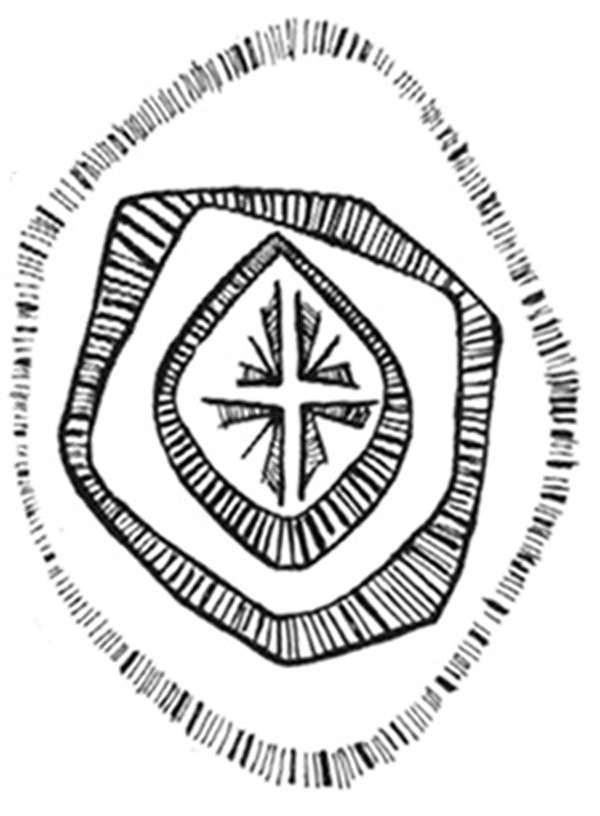A Catholic website for the modern reader

ELECTION PREJUDICE
By
Fr. William Messenger
(This article appeared in the National Catholic Reporter, April 8, 1983, titled "Elections tolerate racial prejudice")
Two events occurred recently that provide an opportunity to reflect on the progress made in the United States toward civil rights and the elimination of racial prejudice.
On January 15, 1983 Santa Barbara Avenue, a major street in South Central Los Angeles, was renamed Martin Luther King Jr. Boulevard. January 15 is, of course, the birthday of Martin Luther King, Jr. I chose to celebrate Dr. King's birthday by re-reading his 1967 "Beyond Vietnam" speech. It is as significant and challenging today as it was at the height of the Vietnam War. Some of the problems he identifies in U.S. society still remain.
The second event was the November 1983 election for governor of California. There are many reasons why people vote a certain way. Some vote a straight party ticket--or at least party allegiance for major candidates. Some vote for a candidate on the basis of one issue. Others cast their vote for the candidate they believe will do the best job. While all these characteristics were present in the recent election, the vote for governor exhibited a sinister quality that should disturb the conscience of anyone even vaguely familiar with the gospel.
The ugliness of racism has disfigured the face of California politics. Most political observers have identified an anti-black vote that swung the election in favor of George Dukmejian. It does not matter that both candidates were qualified and competent for the office of governor. The problem for us as a Church is the legitimate presumption that many Catholics voted against Tom Bradley because he is black. Even beyond the Catholic community it concerns us that we live in a society willing to tolerate racial prejudice.
As a matter of conscience and religious principle, the Church must remind people that any form of prejudice is immoral, and can never be tolerated. The presence of Jesus that we profess to be lived out in one another precludes prejudice on any basis. Prejudice, particularly when it finds expression in public life, is a betrayal of the gospel on a par with the betrayal by Judas.
When I was in school, I can remember one of our professors saying repeatedly, "You cannot legislate morality." I think I finally understand what he meant. Many people feel that the struggle against racial prejudice was won with the civil rights legislation of the 1960's. What the legislation did was guarantee some rights to minorities previously suffering from oppression. The legislation did not eliminate prejudice. While the law certainly raised the consciousness of many Americans to the issues of racial equality and justice, it drove many others underground.
It seems clear that the anti-busing movement was a cleverly couched form of prejudice. Busing may not have been the best solution to achieve quality education in the poor districts of our cities. But in a society unwilling to spend the money and resources necessary to achieve quality in education, and in the absence of any other practical solution, busing was the only answer.
It is no accident that we are experiencing an upsurge in violent outbreaks of anti-Semitism and public demonstration by the Ku Klux Klan and Nazi organizations. After all, we have a president who has gone on record against legal aid and affirmative action--the beneficiaries of which are primarily minority groups. We have lawmakers who were elected solely on their anti-busing stands. And we have seen the effects of budget legislation on minorities and the poor. As bad as that is, these positions are out in the open. By far the most dangerous element is a cowardly electorate that will not admit its own prejudice. This cannot be changed with legislation. No, we must look beyond the law.
"A time comes when silence is betrayal," King said. What happened in the California elections is of concern for the entire nation because it indicates that we have deceived ourselves. We are still a diseased society infected with prejudice. We must break the silence.
As Christians we seek personal healing from the Lord Jesus. While there is no room in Christianity for the living out of bigotry, the Lord came to call sinners, to save what was lost and heal the sick. We must seek healing from the Lord who came "to gather all nations into the peace of God's kingdom." Paul says in his first letter to the Corinthians: "There does not exist among you, Jew or Greek, slave or freeman, male or female. All are one in Christ Jesus." Perhaps we can also add, "There does not exist among you, black or white."
(Rev. William Messenger is a priest in the Archdiocese of Los Angeles)
